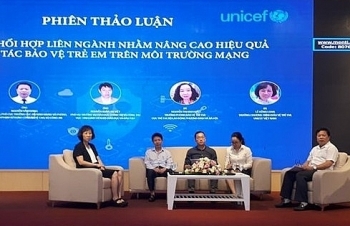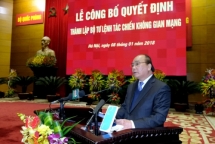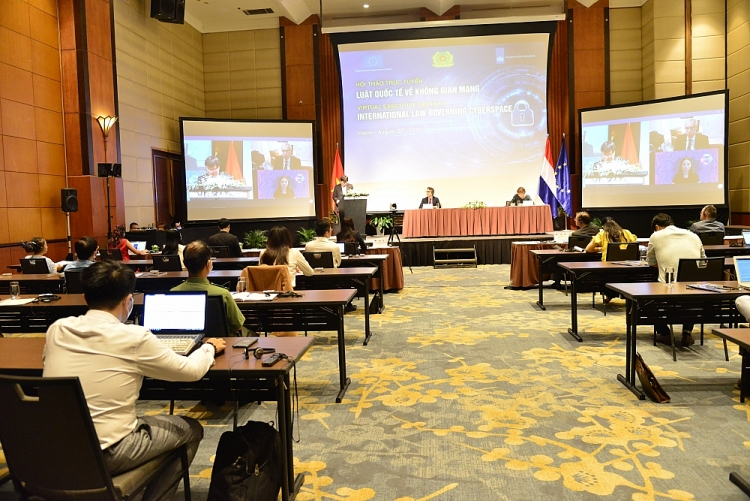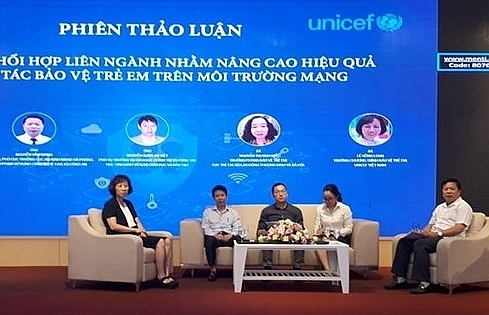Vietnam respects human rights in cyberspace
| Protecting children in cyberspace requires extra effort: Confab | |
| Vietnam’s cyber security law designed to ensure safe cyberspace | |
| Cyber Command asked to safeguard national sovereignty in cyberspace |
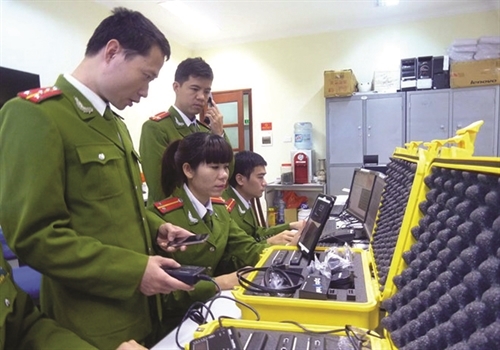 |
| Cyber security experts of the Public Security force. Photo: Internet |
Vietnam has enacted laws to ensure people’s right to access information: the 2016 Press Law, the 2016 Law on Information Access, the 2018 Cyber Security Law, and the Decree on Management, Supply, and Use of Internet Services and Online Information.
These legal documents comply with the principle of law-governed socialism and the 2013 Constitution of ensuring the right to information access and freedom in cyberspace.
The 2016 Press Law stipulates the right to freedom of speech and press, allowing people to voice their opinion about domestic and international issues, comment on the building and implementation of Party guidelines and State policies and laws, and contribute opinions, and report on the Party, the State, and political and social organizations.
The 2016 Law on Information Access stipulates that citizens have the right to access prompt and accurate information and are allowed to voice their opinion, file a lawsuit, and report on violations of the law.
The 2018 Cyber Security Law stipulates that the Vietnamese State will respect and ensure human rights, including the right to information access. The Decree on Management, Supply, and Use of Internet Services and Online Information requires the Party and State to pursue a consistent policy of creating conditions for economic growth by enabling people in disadvantaged areas to access internet services and online information.
The Vietnamese government collects opinions of inpiduals and businesses via a government e-portal and publishes indexes of state agency administrative reforms and people’s satisfaction with public services.
This is part of a push to create an e-government that provides services and allows inpiduals to express their opinions online. Growing numbers of people are using the internet and social networks to voice their opinions and comment on Party guidelines and State policies. Several agencies monitor these opinions and respond to them.
The Vietnamese Party and State have paid particular attention to the development of the press and communications. The Vietnamese press has grown rapidly and serves as a forum for promoting democracy and people’s rights. Media organizations have embraced multi-media formats, to expand people’s access to information.
While the development of mass media and the internet has improved the exercise of free speech and access to information in the nation, as in other countries, Vietnamese law restricts freedom of speech and access to information in certain cases consistent with the International Convention on Political and Civil Rights to protect the legitimate rights of other people, ensure national security, maintain law and order, and safeguard community health and morality.
Vietnam's achievements in ensuring people’s rights in cyberspace have been acknowledged internationally and have contributed to Vietnam’s development and integration. The country will continue to build on these achievements to ensure people’s freedom, happiness, and development
“National Digital Transformation”
Vietnam is implementing the Prime Minister’s directive on “National Digital Transformation until 2025 and vision to 2030.”
"The Ministry considers super broadband and cloud computing the most important telecommunication technologies to be developed this year. The Ministry will instruct all localities to develop new telecommunications infrastructure and increased the rate shared infrastructure to 20%. Telecom companies are allowed to provide 5G services at industrial parks, research centers, universities, and big cities", Deputy Minister of Information and Communications Phan Tam noted.
The National Digital Transformation Program until 2025 targets completion of a national database and putting 80% of online public services online at level 4, usable on most mobile phones, as well as 90% of documents at the ministerial level, and 80% of documents at the district level. It plans to handle 50% of state monitoring and management online to improve accountability and transparency and minimize corruption./.
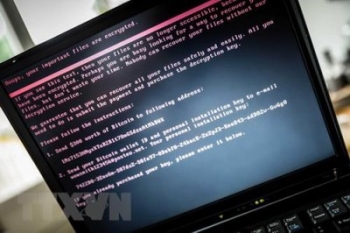 | Vietnam’s information systems hit by nearly 1,500 cyber attacks Vietnam's information system has been witnessing a decrease in cyber-attacks lately, with nearly 1500 attacks in the first five months of 2020. |
 | Security experts ask internet users to protect themselves from cyber attacks As people rely more and more on social media in everyday life, the risk of cyber attacks grow more, and most experts said internet users ... |
 | Vietnam rejects ‘baseless’ accusation of support for hackers “Cyberattacks and threats to online security must be condemned and strictly punished accordance with the law” Foreign Affairs Ministry deputy spokesman Ngo Toan Thang said ... |
Recommended
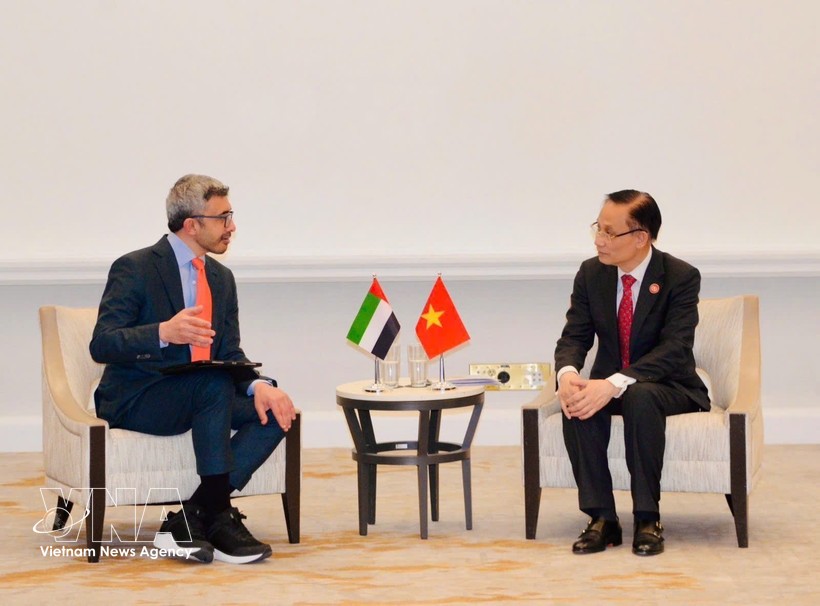 National
National
Vietnam News Today (Feb. 22): Vietnamese FM Meets Counterparts of UAE, Egypt and Türkiye
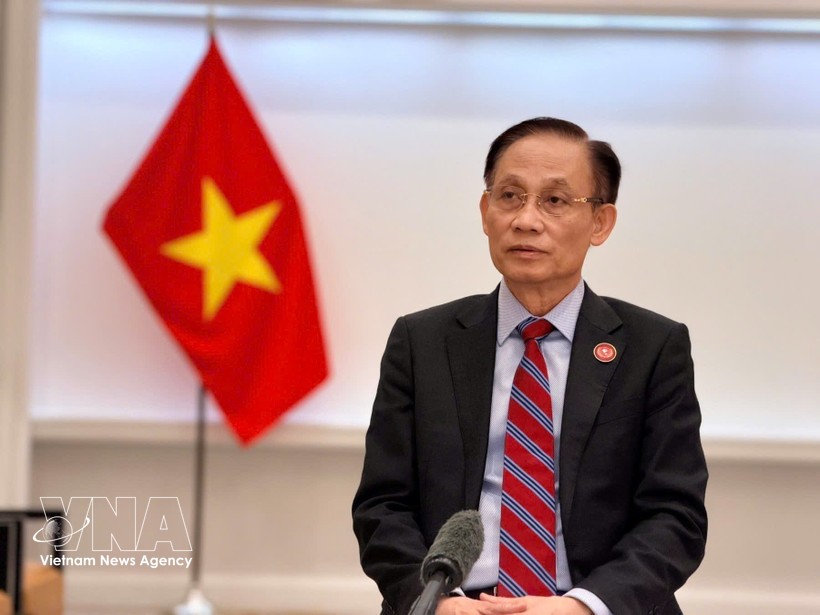 National
National
Party Chief’s US Trip Marks Milestone in High-level Multilateral Diplomacy: FM
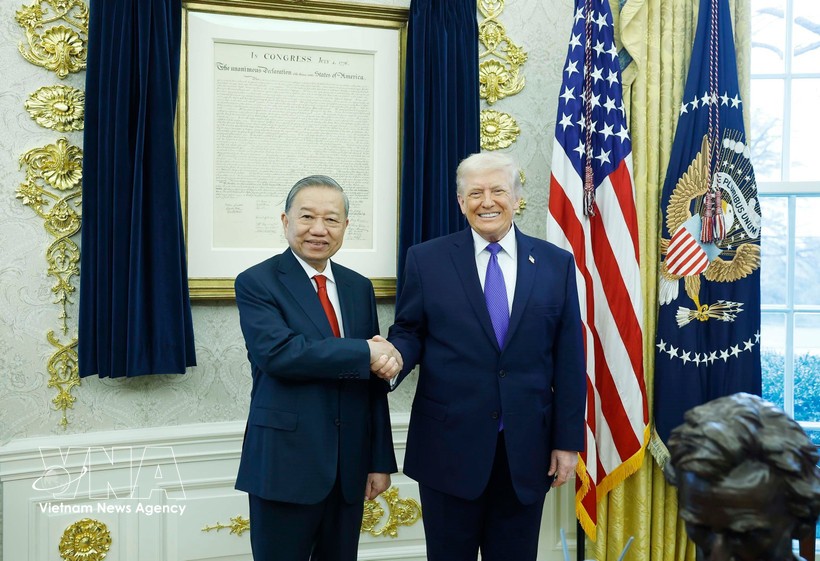 National
National
Party General Secretary To Lam Meets US President Donald Trump at White House
 National
National
Vietnam News Today (Feb. 21): Vietnam, US Step Up Dialogue to Facilitate Trade Ties
 National
National
Party General Secretary To Lam Attends Inaugural Meeting of Gaza Board of Peace in US
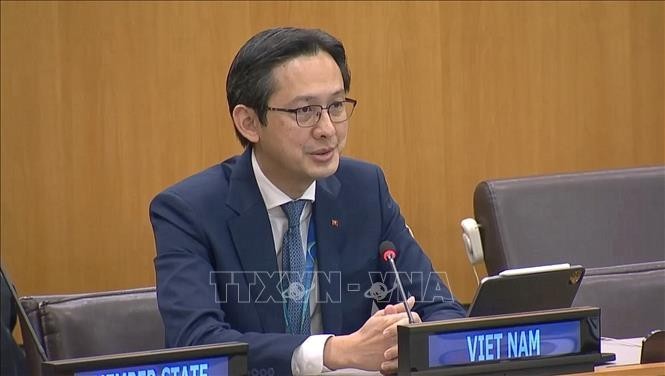 National
National
Vietnam Promotes Multilateral Dialogue on Nuclear Non-proliferation Ahead of the 2026 NPT Review Conference
 National
National
Vietnam News Today (Feb. 19): Vietnamese in France Cherish Traditional Practices During Tet
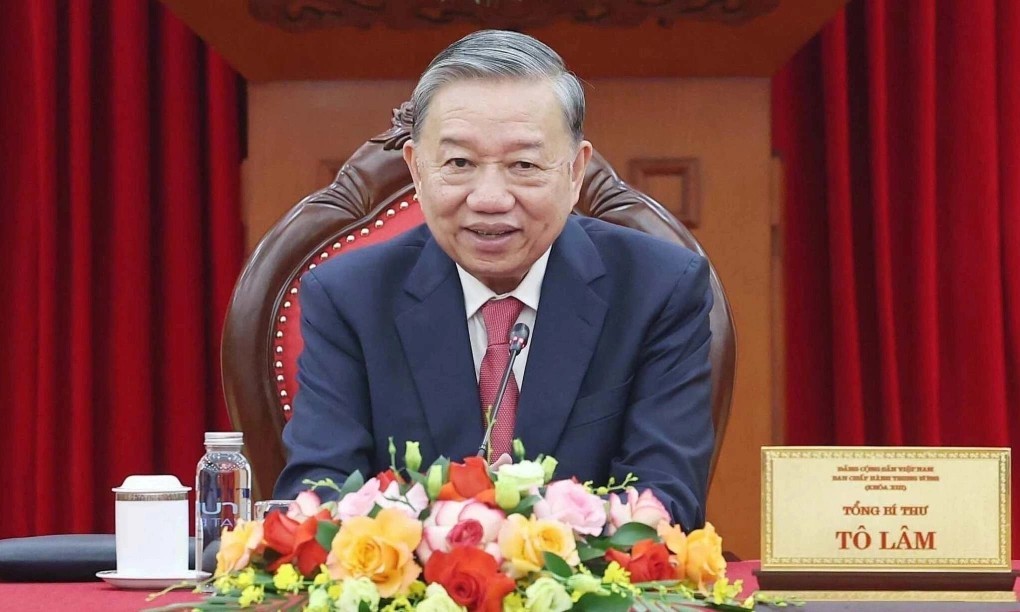 National
National

